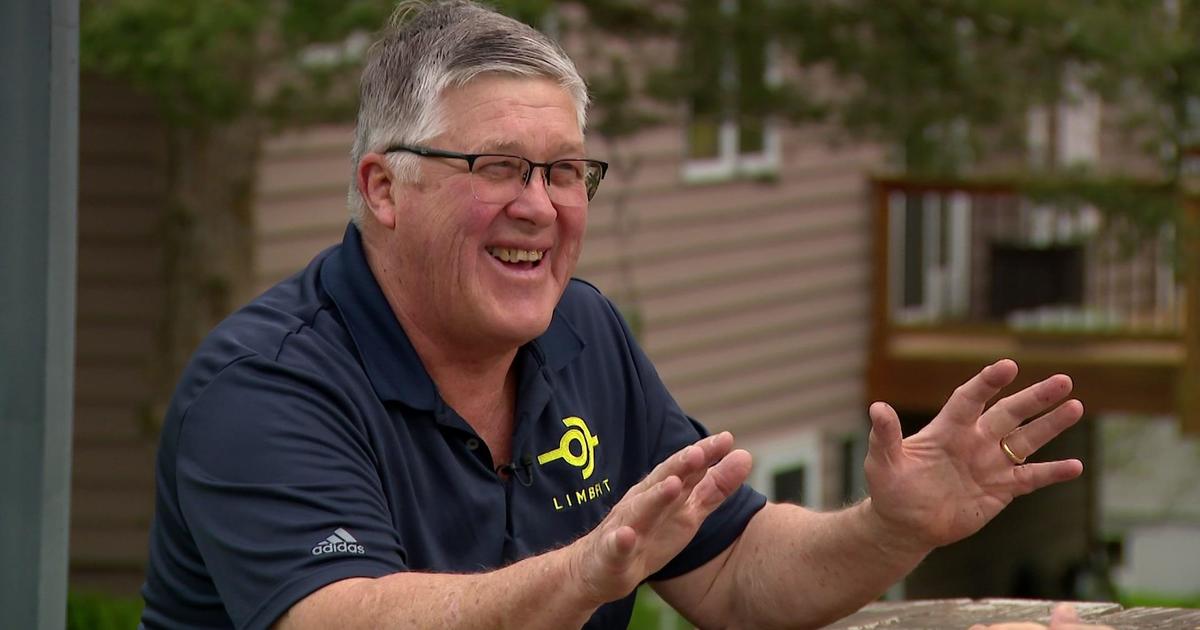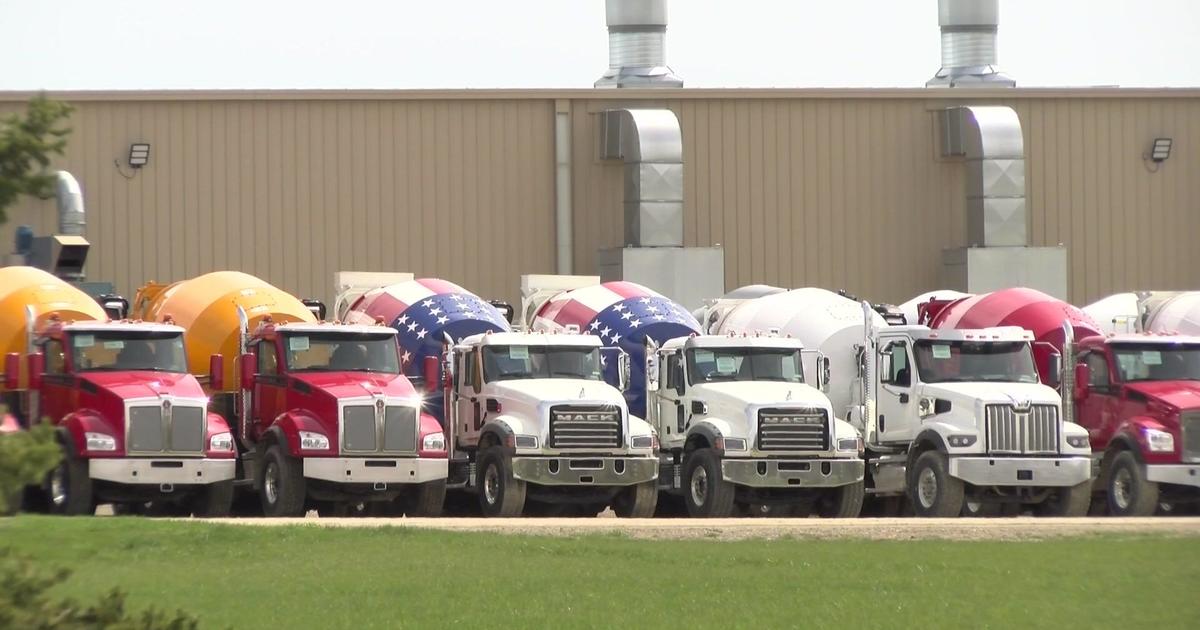Is there radon in your home? What to know about the odorless gas that can lead to lung cancer
Radon lurking in your home can have a devastating effect on your health. January is Radon Action Month, and experts are trying to save lives by raising awareness about the gas.
Radon is an odorless, colorless, radioactive gas that is naturally released from rocks, soil and water. And it's the leading cause of lung cancer for nonsmokers, according to the American Lung Association — yet, many people are not fully aware of its dangers.
Radon causes an estimated 21,000 lung cancer deaths in the United States each year, according to the Environmental Protection Agency.
"The only way to know if its in your home, is to test for it," says Dr. Brooke Cunningham, Minnesota Department of Health commissioner.
The Centers for Disease Control and Prevention recommend testing your home if it's never been tested or if radon levels are unknown. You should also test if you are buying or selling a home, before and after any renovations
or if you spend more time in the basement, according to the agency.
Radon levels are usually higher in homes during the winter months, when temperatures freeze the ground, trapping the gas in the soil.
At-home tests cost $10 to $12 and can be purchased at a hardware store.
The EPA also recommends contacting your state radon program if you need help finding a qualified professional to test for radon or fix your home.
Bonnie Mueller, a nonsmoker and mother of three, wishes she knew about radon testing sooner. She was shocked to learn she had stage 4 lung cancer.
"I was told I had lung cancer in my left lung. It had metastasized to my liver and my lymph nodes and my pancreas and I had a lump in my breast. It was everywhere," she told CBS News. "They asked if I had ever been exposed to radon — and 10 years ago, I didn't even know what that was. It wasn't even on my radar for something."
Mueller is from Minnesota, which has a cold climate. Radon levels there are three times higher than the national average.
"The radon at our cabin was off the charts. It was so high," Mueller said. "If there's any way to prevent (the devastating effects of cancer) by doing a simple test, do it."



